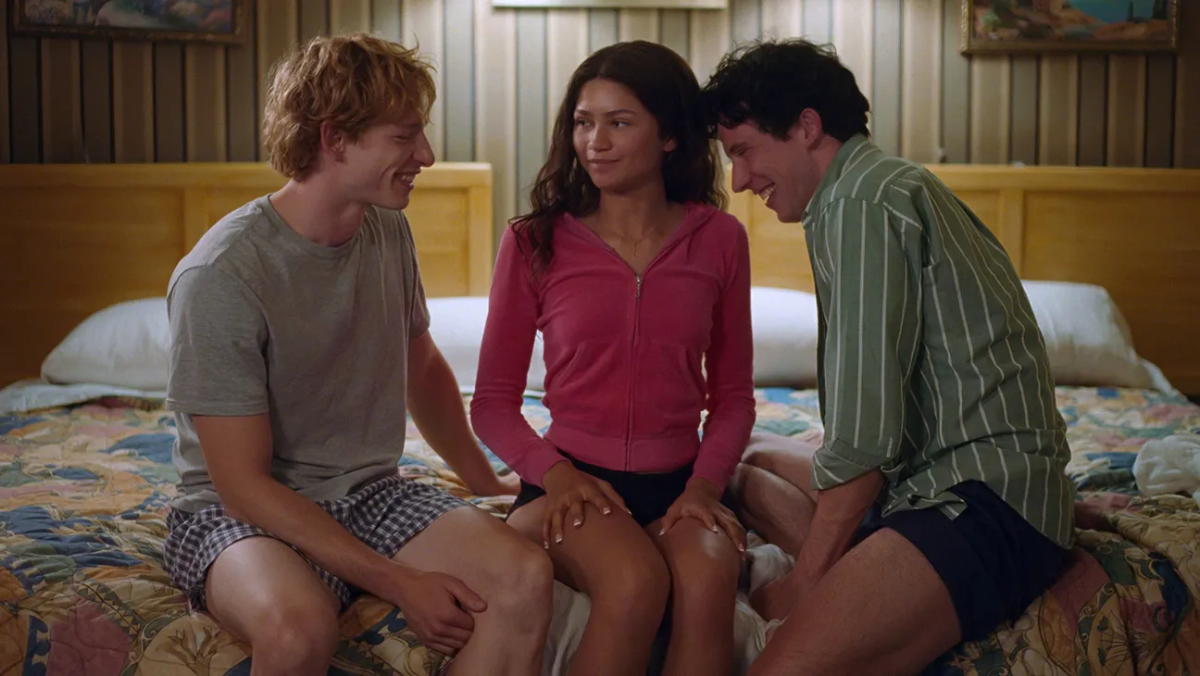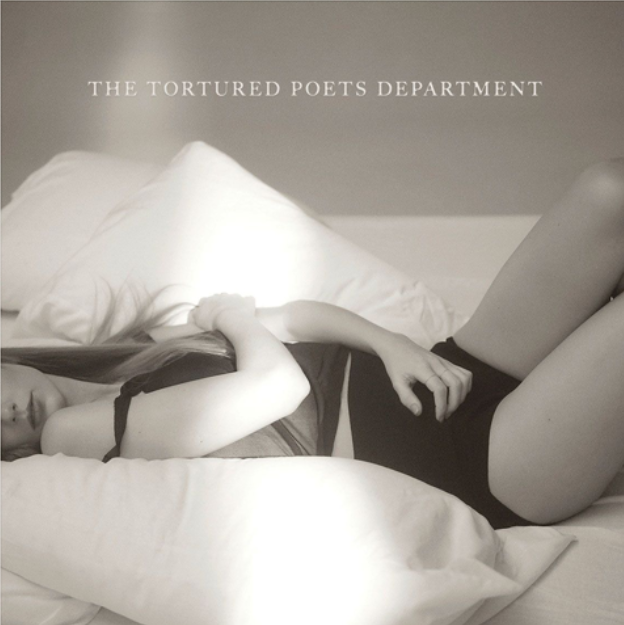
“A Guard Dog with a death wish, in the center of the ring, I lose.” This lyric comes from the second track of Searows’ Sept. 30, 2022 debut album release “Guard Dog,” titled “Roadkill.” It sets the tone for the album’s concept of a guard dog with a death wish, an analogy used to describe a person who is at their limit in life, wishing to rid themselves of the burden of existence. Despite this, a guard dog desires to protect those they love from pain, guarding them against all harm with the loyalty of a dog.
The whole album was written and recorded on GarageBand by Alec Duckart, also known as Searows, an up-and-coming indie, folk musician based in Portland, Oregon. The following dissection of this album shows how it flew too far under-the-radar and should be appreciated by SLU’s campus as much as “Punisher,” “Folklore” or “Sling.”
This theme of an overwhelming need to protect others is heard throughout the album. In the track “Used To Be Friends,” Duckart details an abusive friendship where he feels tossed around and thrown to the ground. But, despite all the mistreatment, he cries out, “I never wanted you to take the fall,” showing that he longs to protect even those that are the worst to him, as guard dogs often do.
Duckart being based in the Pacific Northwest is a fact that is impossible to separate from his sound. One can nearly hear the rain and fogginess in every song. It is stripped back instrumentally, almost exclusively using guitars and his siren-like voice to create a sound that is unsettling, yet gorgeous.
Duckart’s songwriting, covering themes of regret, defeat and mistreatment, is reminiscent of Phoebe Bridgers, both managing to make the listener grieve events and loves lost that they never had a chance to experience. The biggest factor in garnishing this comparison between the artists is no doubt Duckart’s voice.
Searows has a sound that enchants the listener and undoubtedly reminds them of Bridgers’ more soul-crushing songs like “Funeral” and “Waiting Room.” “Guard Dog” serves as a suitable addition until Bridgers’ third record finally releases and listeners realize Searows’ work no doubt holds its own.
This is evident from the moment the record begins, as on the first track, “Start,” you are immediately greeted by Duckart’s humming overlaid with what sounds like a toddler speaking. Hearing these sounds contrast, it is hard to pinpoint if it sounds endearing or horror-esque. It is an experience of unnerving beauty, not unlike “Halloween” by Bridgers. One could listen to the sound of his voice and instrumentation and get goosebumps-not knowing if they are from the beauty, the haunting atmosphere or both. This creates an experience, especially as the leaves change and the weather cools, that you do not want to miss out on.
The idea of this sound is not lost on Duckart, as observed in the aptly named track “Haunted,” where he leans into this concept of an unsettling love song. He details grieving someone he’s lost and walking around his house hoping it is haunted by their ghost, just so he can see them again. For most of the song, you are led to believe this person truly is dead, as he even details a hallucination of seeing them as an angel across the table from him.
However, towards the closing of the song, he throws that idea in the air with the lyric, “I am a picture in a movie in a moment in your head.” Is this person really dead? Or has Alec just become completely insignificant to them, a mere picture on the wall of a moment in the movie of their life? Does this dissolution of involvement in each other’s lives simply feel like the other died?
There is no absolute answer, nor should there be. The constant ambiguity in Searows’ songwriting seems similar to the ideology of David Lynch, who infamously encouraged each person to derive their own meaning in art. To one listener, it may remind them of a loved one who passed; to another, it reminds them of a best friend who will never speak to them again. They will both interpret these songs in different, yet completely accurate, ways. By inserting their own experiences into the album’s uncertain narration, they make the art unique to them. After all, what is more hauntingly beautiful than a story you helped write?
Searows’ new single, “I Have More Than Enough,” is out now in anticipation of a sophomore album this fall. Listen to it here: https://searows.lnk.to/IHMTE


![The Teskey Brothers [Crew] gather together for a curtain call in front of a raucous St. Louis crowd after a two-song encore. (Photo courtesy of Vertrell Yates / @trellseyephotography)](https://unewsonline.com/wp-content/uploads/2024/05/Screenshot-2024-05-21-232057.png)




